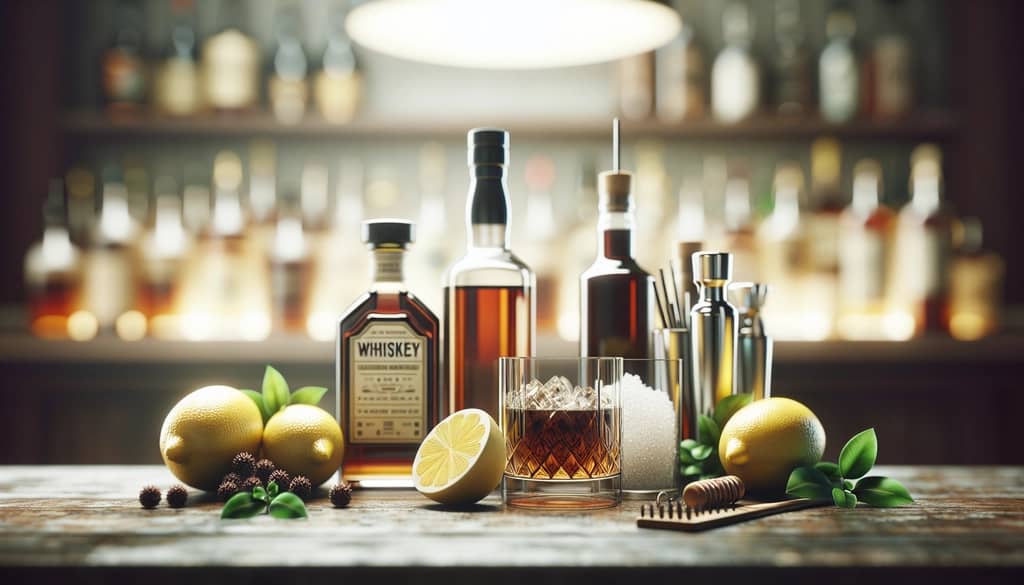Updated on: 6/3/2025
Can I Substitute Whiskey With Another Spirit Without Compromising the Cocktail?

Swapping out whiskey for another spirit in a cocktail is possible, but the results depend on what you choose and how you use it. Whiskey's deep, layered flavors and distinctive character make it unique—so any substitution changes not just the taste but the overall personality of the drink. Let's look at the key considerations for preserving cocktail balance and integrity when making a swap.
The Role of Whiskey in Cocktail Structure
Whiskey is more than just a base spirit. Its smoky, spicy, or caramel notes layer complexity into classic cocktails. The grain used, the cask aging, and its region of origin all influence the final flavor. Choosing a substitute isn't just about replacing alcohol—it's about considering how the alternative spirit interacts with citrus, bitters, and syrups.
Whiskey Substitutes: Flavor Profiles and Suitability
- Bourbon: Sweeter and softer than typical rye or Scotch, with vanilla and caramel undertones. Works well as a substitute in most whiskey cocktails, though may not suit smokier drinks.
- Rye whiskey: Spicier and drier than bourbon, rye holds up in bold, zesty cocktails like the Manhattan. If using rye for bourbon, expect earthier complexity.
- Irish whiskey: Light and smooth, often with honey or floral notes. Substituting with Irish whiskey gives a softer character, particularly in sours and highballs.
- Rum: Can bring depth to whiskey sours and Old Fashioneds, especially with aged or dark styles, but the distinct molasses flavor will stand out.
- Cognac or brandy: Add rich fruit and spice notes. These substitute well in classics like the Old Fashioned or Sazerac but change the drink's soul.
Maintaining Balance When Substituting Spirits
If you're set on swapping whiskey, adjust supporting ingredients to balance the new spirit's strengths and weaknesses. For example, a sweeter bourbon may need less simple syrup, while a smokier Scotch might call for citrus to lift the drink. Taste as you go and only swap one element at a time. Avoid overcomplicating—let the replacement shine in the drink's structure.

Tips for Substituting Spirits Without Losing the Cocktail's Essence
- Consider the cocktail's core: Is its character based on whiskey's flavor, or is it defined by the balance with citrus, sugar, and bitters?
- Test with small batches: Mix 30 ml substitutions to compare before committing to a full drink.
- If possible, swap similar flavor profiles before jumping to a different spirit family. For example, bourbon instead of rye, or single malt Scotch for peated blends.
- Tweak sweetness and acidity. Different spirits have varying levels of sharpness, sweetness, or funk; balance the recipe accordingly.
While whiskey can be substituted, every spirit brings its own strengths and quirks to the glass. Approach swaps as a creative experiment—sometimes, you'll discover a new favorite, but expect the cocktail to develop a character of its own.